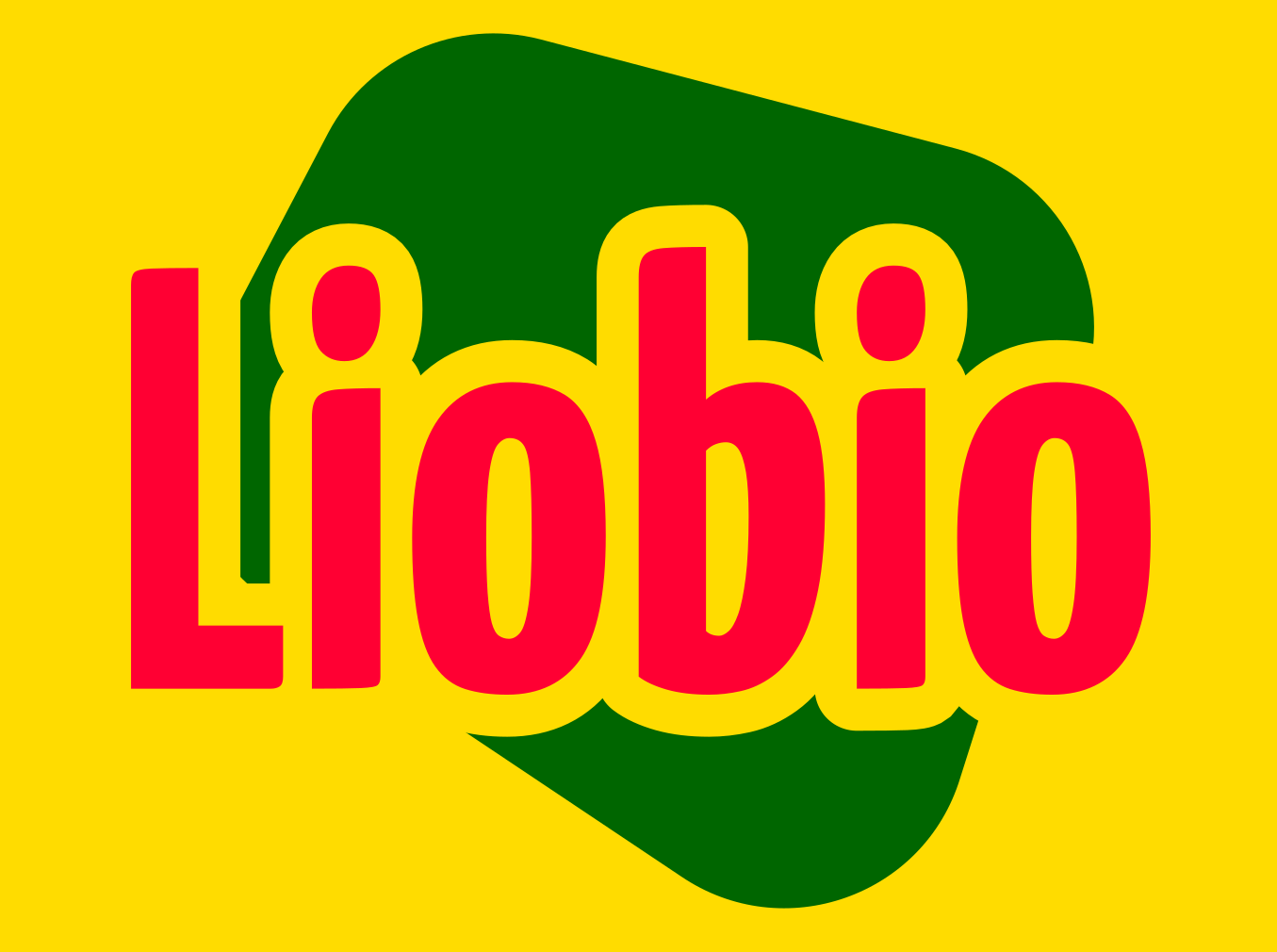Manufacturers of pomalidomide are responsible for producing this medication in high-quality and sufficient quantities to meet global demand. Because it is a complex drug that must be produced under strict conditions, manufacturers must adhere to rigorous regulatory standards. Ensuring that pomalidomide is available, affordable, and accessible to patients who need it is one of the key responsibilities of these manufacturers.
-
Ensuring Quality and Safety
Producing pomalidomide requires adherence to strict quality control standards. This ensures that every batch of the medication meets safety requirements. Since cancer patients rely on this drug to help manage their disease, maintaining consistent quality is essential. Manufacturers must conduct thorough testing during production to guarantee that the drug is safe and effective. -
Complying with Regulatory Standards
Pomalidomide manufacturers must comply with regulations set by health authorities, such as the U.S. Food and Drug Administration (FDA), the European Medicines Agency (EMA), and India's Central Drugs Standard Control Organization (CDSCO). These regulations are designed to ensure that medications are produced safely and that their quality is maintained. Meeting these standards involves strict documentation, inspections, and monitoring of production processes. -
Scaling Up Production for Global Health
As cancer diagnoses increase globally, the demand for treatments like pomalidomide grows. Manufacturers are tasked with scaling up production to meet this increasing need while keeping costs manageable. This is particularly important in low- and middle-income countries, where access to life-saving cancer medications can be limited. Manufacturers must find ways to produce the drug efficiently and distribute it to all regions where it is needed.
Key Pomalidomide Manufacturers
There are several key manufacturers of pomalidomide worldwide, and their contributions to healthcare are significant.
-
Celgene (A Bristol Myers Squibb Company)
Celgene, now a part of Bristol Myers Squibb, is one of the leading manufacturers of pomalidomide under the brand name Pomalyst. Celgene has been a pioneer in developing cancer treatments, including immunomodulatory drugs like pomalidomide. They continue to invest in research and development to improve treatments for multiple myeloma and other blood cancers. -
Natco Pharma
Natco Pharma, an Indian pharmaceutical company, is one of the leading generic manufacturers of pomalidomide. They produce the drug in compliance with global standards and distribute it at a lower cost, making it more accessible to patients in developing countries. Natco Pharma is known for producing high-quality generic versions of life-saving drugs, including cancer medications. -
Dr. Reddy’s Laboratories
Dr. Reddy’s Laboratories, another major player in the pharmaceutical industry, manufactures and distributes pomalidomide in India and other countries. The company focuses on making affordable generic medications available to patients, including those in low-income regions. They adhere to international quality standards and are committed to expanding access to cancer treatments. -
Sun Pharmaceutical Industries
Sun Pharmaceutical Industries is one of the largest pharmaceutical companies in India and is known for producing affordable and high-quality generic medicines. They are also involved in manufacturing pomalidomide for cancer patients. Sun Pharma’s global presence and commitment to innovation make them an important player in the fight against cancer.
Challenges Faced by Pomalidomide Manufacturers
Pomalidomide manufacturers face a number of challenges in their efforts to produce and distribute this vital medication.
-
High Production Costs
The production of pomalidomide is expensive due to the complexity of the drug and the need for stringent quality control. This can make the medication costly for patients, especially in countries without government subsidies for cancer treatments. Manufacturers must balance the high cost of production with the need to make the drug affordable and accessible. -
Navigating Patent Laws
Pomalidomide is protected by patents, which means that generic manufacturers must wait for these patents to expire before they can produce the drug. However, in some cases, generic manufacturers can obtain special licenses or challenge patents in court to bring more affordable versions of the drug to market sooner. Navigating the legal and regulatory landscape around patents is a significant challenge for manufacturers. -
Supply Chain Issues
Global supply chains have been disrupted in recent years due to factors such as the COVID-19 pandemic and geopolitical conflicts. These disruptions can affect the production and distribution of medications like pomalidomide. Manufacturers must find ways to manage these challenges and ensure that patients receive their treatments on time.
The Role of Generic Manufacturers in Expanding Access
Generic manufacturers play a crucial role in expanding access to pomalidomide for patients who may not be able to afford the branded version. Once the patents on pomalidomide expire, generic manufacturers can produce more affordable versions of the drug, helping to reduce the cost for patients. Companies like Natco Pharma and Dr. Reddy’s Laboratories are leading the way in producing high-quality generic versions of life-saving medications.
Read more: Specialitymedz
Research and Development: The Future of Pomalidomide
Pomalidomide manufacturers are not just focused on producing the drug but also on researching new ways to improve it and expand its uses. Clinical trials are underway to investigate how pomalidomide can be used to treat other conditions beyond multiple myeloma, including certain autoimmune diseases. Manufacturers continue to invest in research to improve the effectiveness of the drug and reduce side effects for patients.
Conclusion
Pomalidomide manufacturers play a vital role in the global healthcare system. By producing and distributing this life-saving medication, they help improve the health and quality of life for patients with multiple myeloma and other serious conditions. These manufacturers face challenges such as high production costs and regulatory hurdles, but their commitment to innovation and patient care ensures that pomalidomide remains available to those who need it most.
As the demand for cancer treatments continues to grow, pomalidomide manufacturers will remain key players in the fight against cancer and other diseases. Their work not only supports individual patients but also contributes to global efforts to improve health and save lives.


